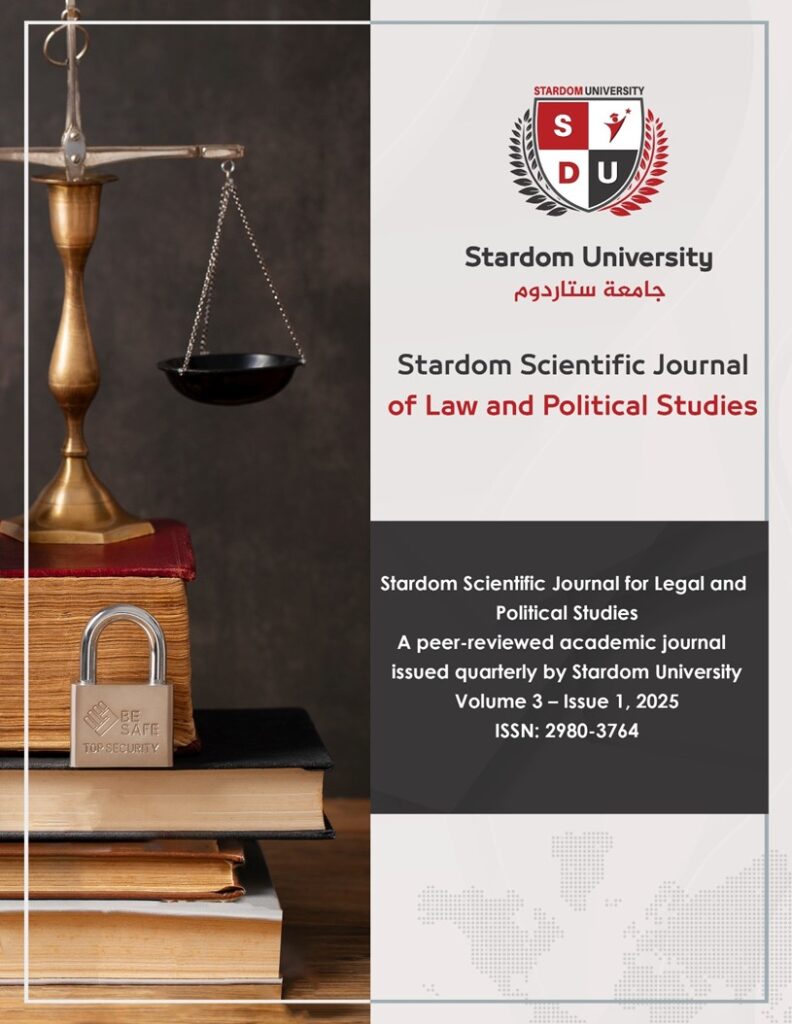- Stradom Journal
Modern judicial systems are undergoing significant transformations due to the advancement of artificial intelligence and the emergence of so-called smart robots, which are increasingly integrated into core judicial functions—particularly in areas such as judicial oversight, information gathering, and data analysis. This study focuses on examining the legality and constitutionality of employing smart robots in procedures of a judicial nature, especially those affecting individual rights and freedoms, such as the sanctity of homes and personal privacy. The research problem arises from growing concerns over the legal and ethical implications of this technological intervention and the absence of clear legislation regulating the relationship between technological advancement and the requirements of criminal justice. The study aims to clarify the conceptual and legal framework of smart robots, analyze the challenges associated with their use, and review comparative international experiences in this field. The findings suggest that while these technologies may contribute to achieving fast and effective digital justice, they often lack human discretion and judicial insight, necessitating strict legal safeguards to ensure respect for constitutional guarantees and the preservation of justice principles. The study recommends the urgent development of legislative frameworks to regulate such use and the imposition of human oversight into the outputs of these systems to ensure a balance between security effectiveness and the protection of fundamental rights.





